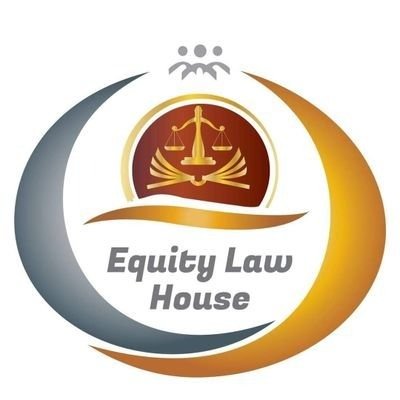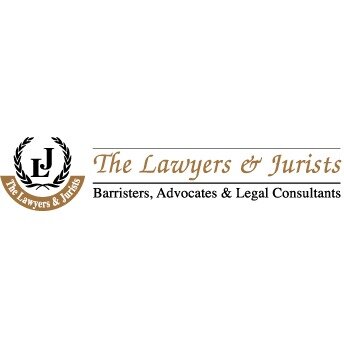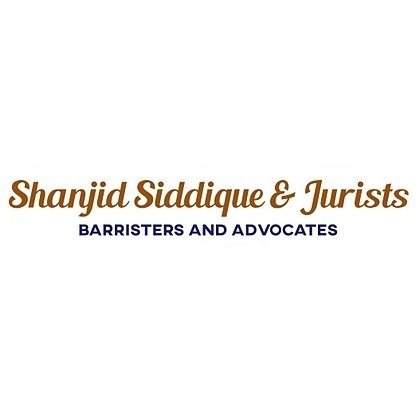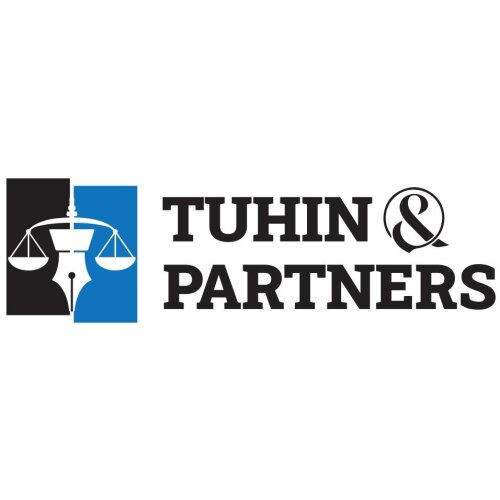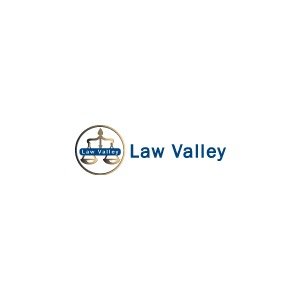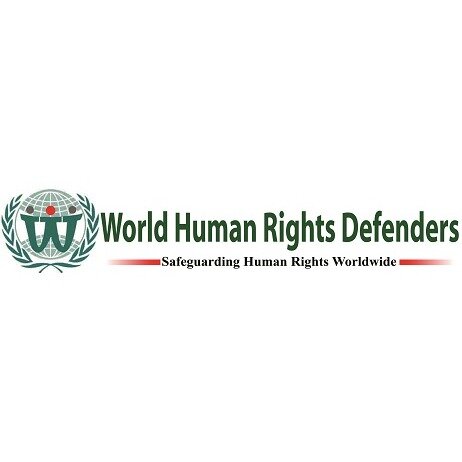Best Education Law Lawyers in Bangladesh
Share your needs with us, get contacted by law firms.
Free. Takes 2 min.
Or refine your search by selecting a city:
List of the best lawyers in Bangladesh
About Education Law in Bangladesh
Education Law in Bangladesh encompasses a range of statutory provisions, regulations, and judicial rulings that govern education systems, institutions, educators, and students. The laws are primarily intended to ensure the right to education as enshrined in the Constitution of Bangladesh and to maintain standard practices within educational institutions. These regulations cover everything from the establishment and administration of educational institutions, teacher conduct, and student rights, to curriculum standards and educational funding.
Why You May Need a Lawyer
There are various scenarios where individuals or institutions may require legal assistance in the field of Education Law in Bangladesh:
- Disputes with Schools or Universities: Legal conflicts between students or parents and educational institutions regarding admissions, expulsions, or disciplinary actions.
- Employment Issues: Teachers or staff may face contract disputes, wrongful termination, or harassment claims requiring legal intervention.
- Education Policy Changes: Schools might need guidance when policy changes affect their operations or compliance requirements.
- Special Education Needs: Addressing the rights of students with disabilities and ensuring they receive appropriate educational support.
- Intellectual Property: Issues involving curriculum development, course materials, and related intellectual property rights.
Local Laws Overview
Several key aspects of local laws are particularly relevant to Education Law in Bangladesh:
- Constitutional Right: Article 17 of the Constitution mandates the provision of basic education to all children. This underscores the legal framework supporting educational rights for citizens.
- Education Policy: The National Education Policy dictates the strategic direction of education in the country, setting out goals for inclusive and quality education.
- Education Act: Laws like the Private University Act 2010 regulate private educational institutions, detailing their establishment, accreditation, and administration.
- Child Rights: The Children Act 2013 provides protections for children, including those related to education and school environments.
- Teacher Employment Laws: Regulations governing the recruitment, conduct, and remuneration of teachers can affect both public and private educational institutions.
Frequently Asked Questions
What is the legal age for compulsory education in Bangladesh?
In Bangladesh, children are required to attend school until at least the age of 14, ensuring that basic education is compulsory.
Are there laws protecting students with disabilities?
Yes, the Bangladesh government has several policies in place to ensure that children with disabilities have access to education and are accommodated within the schooling system.
What are the legal requirements for establishing a private school?
Private schools must adhere to the Private Education (Regulation) Act, which requires adherence to regulations concerning infrastructure, curriculum, and administrative standards.
How can I address grievances with an educational institution?
Students or parents can file a complaint with the institution’s administration, and if unresolved, may seek assistance from the Ministry of Education or pursue legal action.
Can students appeal an expulsion decision?
Yes, students or their guardians can appeal an expulsion decision by presenting their case to the school board or legal authorities if necessary.
What are the regulations regarding curriculum standards?
Curriculum standards for schools in Bangladesh are set by the National Curriculum and Textbook Board (NCTB), ensuring all schools follow a unified educational framework.
Is homeschooling legal in Bangladesh?
Homeschooling is not explicitly recognized by Bangladeshi law, and formal education through authorized schools is the norm.
Are there legal provisions for madrasa education?
Yes, madrasas are governed by specific educational regulations, ensuring religious education is complemented by general curriculum studies.
What legal steps can teachers take in employment disputes?
Teachers can seek assistance from labor courts or relevant government bodies if they face issues such as contract violations or unfair dismissal.
How does the government ensure quality education in rural areas?
The government implements special programs and allocates resources to improve educational facilities and teaching standards in rural areas to ensure equitable access to quality education.
Additional Resources
For those seeking further information or assistance in Education Law in Bangladesh, the following resources may be helpful:
- Ministry of Education
- Bangladesh Legal Aid and Services Trust (BLAST)
- National Curriculum and Textbook Board (NCTB)
- Directorate of Primary Education
- Directorate of Secondary and Higher Education
Next Steps
If you require legal assistance in Education Law, consider taking the following steps:
- Identify the Issue: Clearly define your legal issue or question related to Education Law.
- Gather Documentation: Collect all relevant documents, such as school policies, communication records, or employment contracts.
- Consultation: Seek a consultation with a lawyer specializing in Education Law to discuss your case and understand your options.
- Contact Relevant Authorities: Depending on the issue, you may need to reach out to applicable governmental bodies or education boards for assistance.
- Consider Mediation: Where possible, opt for mediation or alternative dispute resolution before pursuing formal legal action.
Lawzana helps you find the best lawyers and law firms in Bangladesh through a curated and pre-screened list of qualified legal professionals. Our platform offers rankings and detailed profiles of attorneys and law firms, allowing you to compare based on practice areas, including Education Law, experience, and client feedback.
Each profile includes a description of the firm's areas of practice, client reviews, team members and partners, year of establishment, spoken languages, office locations, contact information, social media presence, and any published articles or resources. Most firms on our platform speak English and are experienced in both local and international legal matters.
Get a quote from top-rated law firms in Bangladesh — quickly, securely, and without unnecessary hassle.
Disclaimer:
The information provided on this page is for general informational purposes only and does not constitute legal advice. While we strive to ensure the accuracy and relevance of the content, legal information may change over time, and interpretations of the law can vary. You should always consult with a qualified legal professional for advice specific to your situation.
We disclaim all liability for actions taken or not taken based on the content of this page. If you believe any information is incorrect or outdated, please contact us, and we will review and update it where appropriate.
Browse education law law firms by city in Bangladesh
Refine your search by selecting a city.




